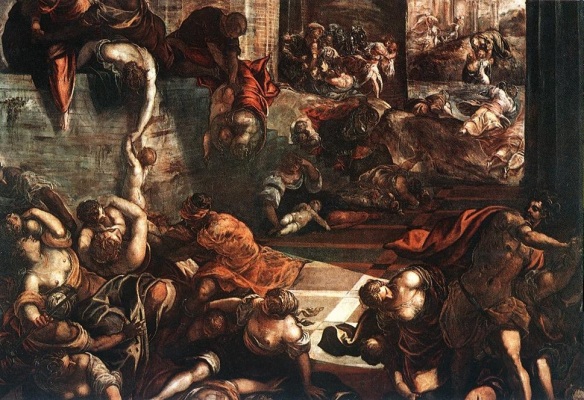This warning has been highly useful in all ages, and in the present day it is especially necessary. No plague is more destructive to the Church, than when wolves ravage under the garb of shepherds…. For if they who are called shepherds attempt to lead us away from Christ, we ought to flee from them, at the command of Christ, as we would flee from wolves or thieves- Calvin
John 10:1 “Very truly, I tell you, anyone who does not enter the sheepfold by the gate but climbs in by another way is a thief and a bandit. 2 The one who enters by the gate is the shepherd of the sheep. 3 The gatekeeper opens the gate for him, and the sheep hear his voice. He calls his own sheep by name and leads them out. 4 When he has brought out all his own, he goes ahead of them, and the sheep follow him because they know his voice. 5 They will not follow a stranger, but they will run from him because they do not know the voice of strangers.”
There is a warning here both for sheep and those who would be shepherds. The sheep don’t (or shouldn’t) trust the voice of “the stranger” because it isn’t the voice of their master i.e. a strange voice. Wise sheep know that some voices will call them into death and have seen such siren calls effected upon their neighbors. Thus the voice of any but their master is highly suspect. So, I would expect that ministers who would like to become shepherds themselves should do their best to learn the voice of the Lord so well that they might imitate it (or rather that he might choose to speak through them). It would be presumptuous to assume that mere intellectual awareness, i.e. depth of knowledge of the word of God, or emotional awareness, depth of experience of the presence of God, should be synonymous with knowing the will of God. If God be God at all then perhaps it would be good to remember that “the fear of the Lord is the beginning of wisdom.” Rather the one who would be his messenger should stay close in his counsel, like the steward of a king. Only those in the circle of the King’s confidence will be entrusted with his message for his people.
Those modern day prophets who dare to speak for God carelessly put themselves and those who listen to them in grave peril. This does not really address the case of those like the Westboro baptists or other notable Christians who speak so boldly in the name of Christ about the wrath of God. Their words too will be evaluated, at some later point in history, by the God who does not take kindly to those who hinder people from knowing Jesus (Mt 18). The words of God are never careless or callous, rarely quick or pleasant. Indeed the Lord may speak to those whom He will but those who have the privilege should take care, lest through pride they fall into the easy trap of Haniniah (Jer 28) and others who speak instead the words of the Enemy and in so doing become his allies. Test the words of those who offer “a word from the Lord for you” or who would speak in the name of the Lord Jesus. Watch their actions, investigate their character; it is possible that they have entered the way strangers do (NRSV “another way,” GK alloxothen, NRSV “stranger”, GK allotrion).
It has been my experience that great pastors, teachers, leaders and lay people in the Church are marked by humility. In fact, they tend to be better reflections than most of the voice I see and hear in scripture. We live in a time where pastors occasionally attain a measure of notoriety; this is a troubling side effect of the Cult-of-Personality that exists in American church culture. This is what Jesus is talking about in John 10. Those who pay attention to it will find that they listen with ever greater frequency to the Good Shepherd rather than the thieves and wolves which are unfortunately allowed a measure of freedom for the time being. Beware those whose claim is fame and who are not themselves claimed by Jesus. Run screaming from any who offer another, easier, way into the sheepfold, theirs’ is the smile of the wolf. Above all, get to know the voice of the Good Shepherd, He is calling out in order to call you into life.





